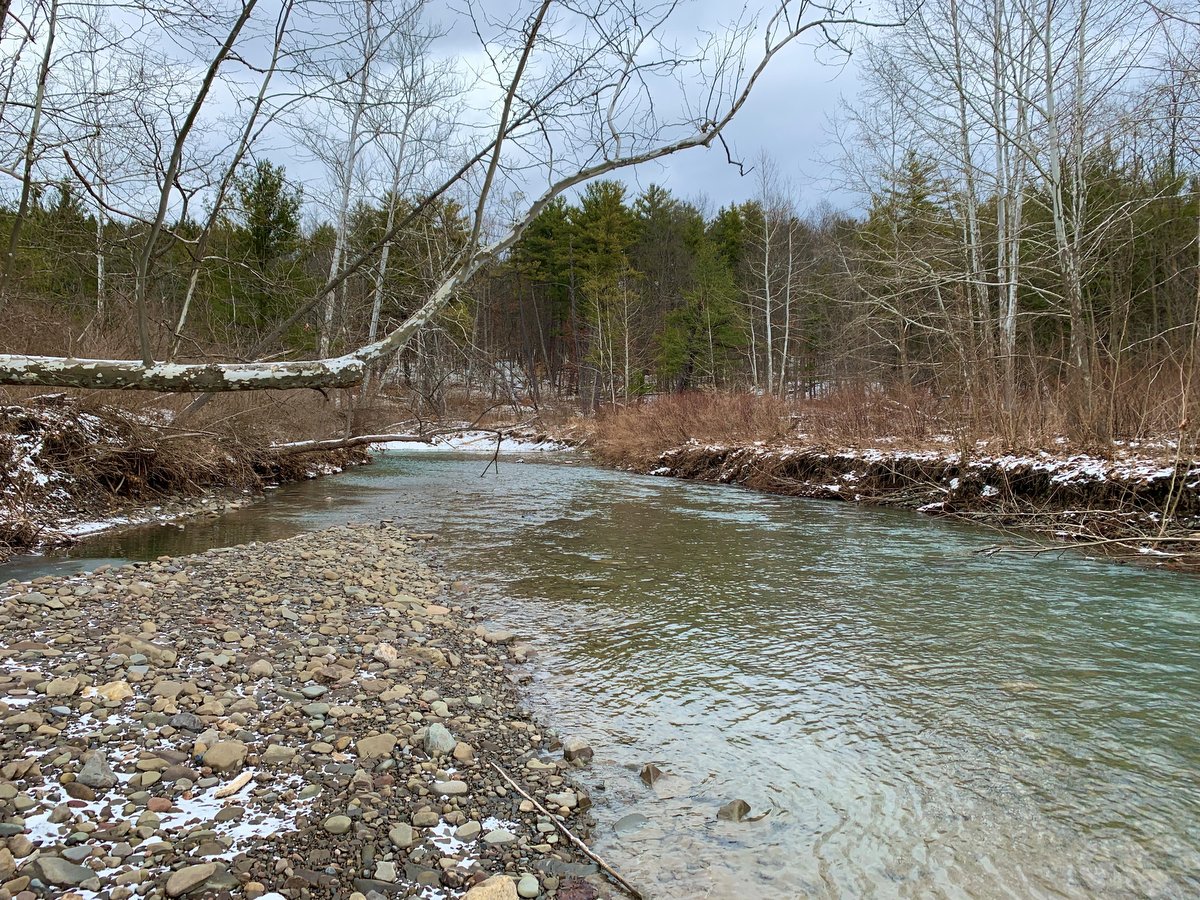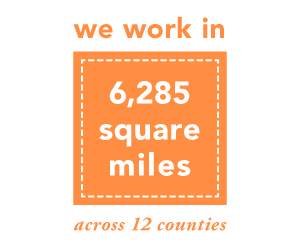The Finger Lakes Land Trust (FLLT) and the New York State Department of Environmental Conservation (DEC) today announced they have established a perpetual conservation easement on a priority parcel in the Six Mile Creek watershed in the town of Dryden, Tompkins County. The easement will help protect public water supplies in the city of Ithaca and was funded in part through the State’s Water Quality Improvement Project (WQIP) Program.
This 13.5-acre easement will protect 1,100 feet of frontage on Six Mile Creek. FLLT, working with Tompkins County Soil and Water Conservation District, will restore the stream bank to prevent potential contaminants from entering the creek.
“Protecting our drinking water is one of Governor Andrew Cuomo’s top priorities because he recognizes access to clean water is essential to the well-being of New York’s communities,” DEC Commissioner Basil Seggos said. “Through successful programs that protect watersheds and working with partners like the Finger Lakes Land Trust in Dryden and throughout the Finger Lakes, New York State is maximizing our investments to provide clean water for generations to come.”
“We are grateful for the state’s commitment to this project through the WQIP Program,” says Finger Lakes Land Trust Executive Director Andrew Zepp. “This project is the Land Trust’s 20th conservation easement within the Six Mile Creek watershed and the state’s funding will build upon other conservation investments made by the Land Trust, the City of Ithaca, and Tompkins County.”
Governor Andrew M. Cuomo continues to increase investments for clean water infrastructure projects, including the state’s unprecedented $3.5 billion commitment—recently bolstered by an additional $500 million proposed in the 2021-22 Executive Budget—to ensure that all New Yorkers have access to clean water. As part of the state’s Environmental Protection Fund, which the Governor’s Executive Budget renews at a record $300 million, WQIP supports projects to improve water quality, reduce the potential for harmful algal blooms (HABs), and protect drinking water across the state. DEC has announced more than $37 million in grants that are helping partners support 37 WQIP land acquisition projects to-date. In addition to land acquisition projects for source water protection, WQIP grants are awarded for municipal wastewater treatment, nonagricultural nonpoint source abatement and control, salt storage, and aquatic habitat restoration.


